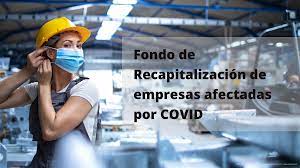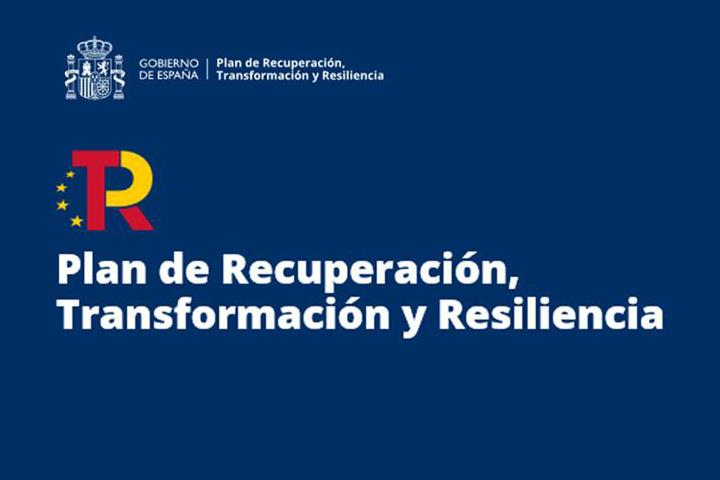The COFIDES Recapitalisation Fund aims to quickly and effectively strengthen and restore the solvency of medium-sized companies (between 10 and 400 million euros in consolidated turnover) in any sector which, having no viability problems prior to the COVID-19 crisis and being viable in the medium and long term, are being affected by the effects of the pandemic.
In addition, those companies that exceed 400 million euros and justify not having been able to access the SEPI Support Fund, because they do not reach the minimum amount of support provided for in this fund, may also apply for and be beneficiaries of the Cofides Recapitalisation Fund.

- Maximum total amount to apply for:
- Large Enterprise: between EUR 4 million and EUR 25 million per beneficiary.
- Type of instruments:
- Equity instruments and/or equity hybrids (participating loans): the minimum amount necessary to ensure viability and not to improve the capital structure at 31/12/19 (measured as Equity / Net Financial Debt).
- Other additional credit facilities (normally ordinary loans): the most favourable amount for the company resulting from (i) 2 x annual wage costs 2019, (ii) 25% total turnover figure 2019
- Term:
- Equity instruments and/or equity hybrids: maximum 8 years (up to 2029)
- Remuneration (margin):
- Equity instruments and/or equity hybrids:
| Beneficiary type | Year 1 | Year 2 and 3 | Year 4 and 5 | Year 6 and 7 | Year 8 ff |
| SMEs | 2.25% | 3.25% | 4.50% | 6.00% | 8.00% |
| Large companies | 2.50% | 3.50% | 5.00% | 7.00% | 9.50% |
- Other complementary credit facilities:
| Beneficiary type | Year 1 | Year 2 and 3 | Years 4, 5 and 6 | Minimum |
| SMEs | 0.25% | 0.50% | 1.00% | 6.00% |
| Large companies | 2.50% | 3.50% | 5.00% | 7.00% |
Such aid may be granted until 30 June 2022.
In the next post we will detail the eligibility criteria.




